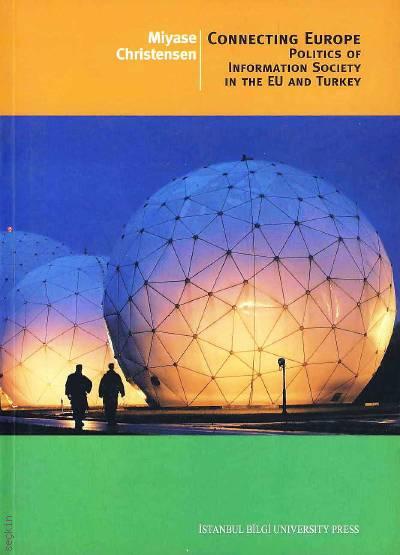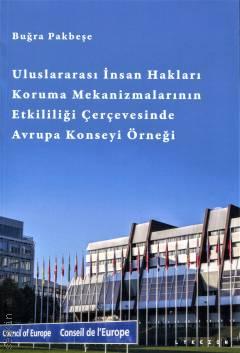>
Ekonomi, İşletme Kitapları>
Avrupa Birliği>
Ekonomi ve Politika>
Connecting Europe: Politics of Information Society in the EU and Turkey

Connecting Europe: Politics of Information Society in the EU and Turkey
1. Baskı,
Kasım 2009
Kitabın Detayları
Dili:
Türkçe
Ebat:
16x24
Sayfa Sayısı:
183
Baskısı tükenmiştir.
Kitabın Açıklaması
During the 1990s, in parallel with new media–related initiatives in the US and the Asia–Pacific region, the EU launched its own information society policies in an effort to become, “the most competitive knowledge–based economy in the world by 2010.” In addition to full members, the task of achieving a “European Information Society for all” was also expected of candidate countries, including Turkey.
In Connecting Europe: Politics of Information Society in the EU and Turkey, taking the policy arena as a discursive space, Dr. Miyase Christensen explores the evolution of information society policies in the EU and Turkey. Globalization processes from the 1990s on are explored from the standpoint of contemporary media and communications theory and political economy. Conceptualizing the global and regional shifts in the context of social change and taking commodification and spatialization as entry points, the book presents a detailed account of some of the crucial developments to date (on both on the EU and Turkish sides) based upon in–depth interviews with key stakeholders. The factors that shape the political economy of the telecommunications and ICT sectors in both the EU and Turkey are increasingly complex, engendering new spaces of politics, economy and citizenship.
Kitabın Konu Başlıkları
Introduction: Contextualizing ‘The Information Revoluttion” in an Age of Globalization
Mapping teh Terrain: Towards a Europen Information Society
Politics of Change: Telecommunications in Turkey
Developments in teh Policy, Legal and Regulatory Aspects of Turkish Telecom Sector in the 1990s: Output And Implementation
Information Society Policies of Turkey Within the Context of the EU
Has Europe Found its Communication Policy Paradigm?
Yorumlar
Baskısı tükenmiştir.
Bu kitaplar da ilginizi çekebilir
Uluslararası İnsan Hakları Koruma Mekanizmalarının Etkililiği Çerçevesinde Avrupa Konseyi Örneği
Buğra Pakbeşe
Hakkımızda
|
Uluslararası Yayınevi Belgesi|
Kaynakça Dosyası|
Kişisel Verilerin Korunması |
Üyelik|
Siparişlerim|
İade Politikası|
İletişim


